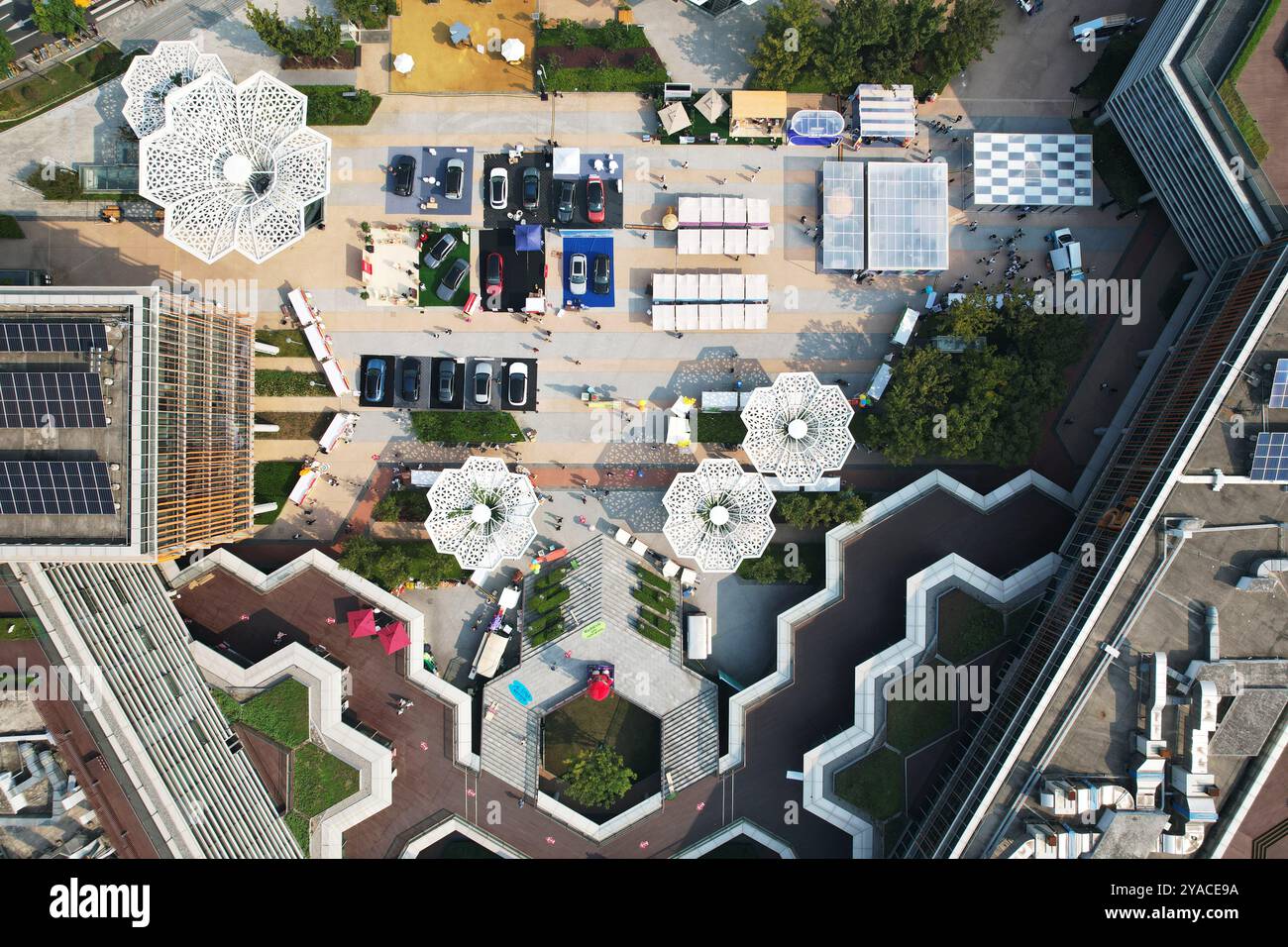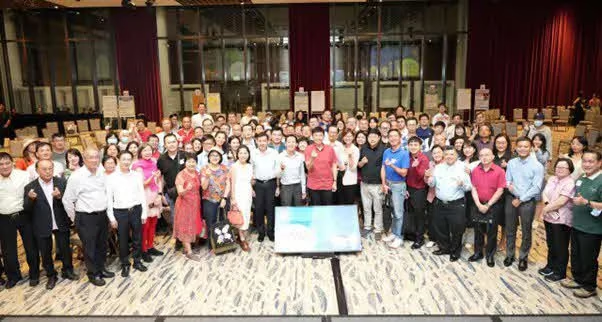As the United States grapples with a stagnating imagination about the essence of a "good life," China is rapidly innovating and reshaping its urban landscape. The profound disconnection between American elites and global realities is starkly highlighted in a recent discussion surrounding the book "Abundance," which offers a techno-optimistic vision contrasting sharply with America"s outdated ideals. The failure to envision a vibrant, dense urban life is not just a cultural shortcoming; it is a political and economic liability.
American Political Elites Lack Global Perspective
During an enlightening Mandarin discussion group organized around "Abundance," participants ranging from lawyers to tech investors engaged in a critical analysis of American governance. One participant, Lokin, a lawyer based in New York City, noted the limited scope of American political elites" understanding of what constitutes a fulfilling lifestyle. His example of American congresspeople visiting Japan"s Shinkansen, a high-speed rail system built with American funding in the 1960s, underscores a shocking ignorance. The mere experience of modern, efficient public transportation seemed to astonish these lawmakers, revealing a profound disconnect with global advancements in urban infrastructure. This is not merely a technical oversight; it reflects a cultural and imaginative poverty within American political thought.
The Cost of Cultural Myopia
In this context, Afra, a tech investor, argued that the imagination of American elites is severely constrained by a narrative shaped by Hollywood and consumerist culture. The archetype of the American Dream is often depicted as a detached suburban house with a white picket fence, reinforcing an individualistic approach to life that undermines public investment in communal living spaces and transit systems. This vision is not just nostalgic; it stifles progressive infrastructure initiatives needed for a sustainable future.
The impact of this cultural myopia is evident in the ongoing struggles for meaningful public transportation solutions. The entrenched belief that the "good life" revolves around car ownership and suburban sprawl has led to a chronic failure to invest in modern rail systems and urban density. According to research, cities that embrace public transit and shared spaces tend to foster greater economic equality and environmental sustainability. Yet, the resistance to such a paradigm shift is palpable, fueled by a fear of the unknown and a reluctance to challenge deeply held beliefs.

Hangzhou, China. 13th Oct, 2024. HANGZHOU, CHINA - OCTOBER 13 ...
China"s Rapid Urban Transformation
In stark contrast, participants in the discussion highlighted China"s ability to execute bold infrastructure projects that prioritize public welfare. The rapid urbanization of cities like Beijing, which is often mischaracterized as a product of authoritarianism, showcases a model where safety and efficiency coexist with vibrant public life. The misconception that urban safety necessitates strongman governance reveals a dangerous binary thinking that undermines democratic aspirations.
As one participant pointed out, cities like Tokyo and Seoul demonstrate that public life can be both safe and democratic. The American failure to grasp this reality is not just a missed opportunity; it is a reflection of a political landscape that remains mired in outdated ideologies. The need for a cultural shift in how we envision urban living is critical for fostering progressive change.
Reindustrialization and its Hidden Costs
Furthermore, the discussion illuminated the complexities inherent in the concept of reindustrialization. As echoed by Amber, a consultant working with local governments, the quest for American reindustrialization is fraught with contradictions. Local governments desperately seek investment to revitalize their economies while grappling with political pressures that demonize foreign investment, particularly from China.
This bidirectional tension is emblematic of a deeper economic-political split within the U.S., where the desire for growth collides with a protectionist narrative that stifles innovation and collaboration. The irony lies in the fact that both nations harbor a mutual desire to engage economically, yet remain trapped in a cycle of suspicion and hostility.

Dialogues and Focus Group Discussions | REACH (Reaching Everyone for ...
The Imaginative Gap in Policy Evaluation
Moreover, the discourse surrounding environmental assessments in both countries reveals a critical flaw in policy evaluation methodologies. As highlighted by an economist in the discussion, current practices often fail to account for the broader systemic effects of policies, focusing instead on localized impacts that miss the forest for the trees. This reductionist approach hampers our understanding of how infrastructure projects can drive sustainable change. The pressing need for an imaginative leap in policy frameworks is essential to address the complexities of modern governance.
As the U.S. continues to grapple with its outdated institutional frameworks, the challenge remains: how to cultivate a vision of abundance that embraces the richness of shared urban life rather than retreating into the isolation of suburban dreams. The urgency for transformative change is clear, and yet the path forward remains obstructed by a stubborn adherence to antiquated ideologies.



![[Video] Gunfire between Iraqi security forces and Sadr militias in Baghdad](/_next/image?url=%2Fapi%2Fimage%2Fthumbnails%2Fthumbnail-1768343508874-4redb-thumbnail.jpg&w=3840&q=75)
